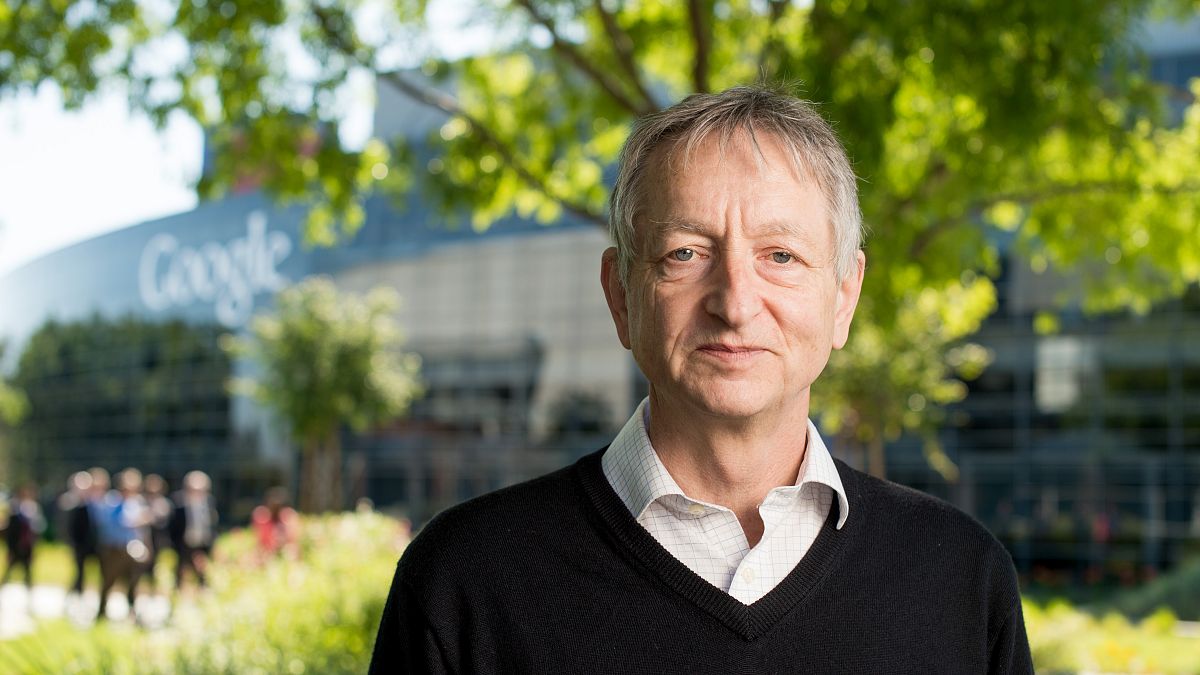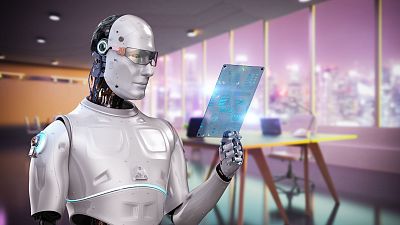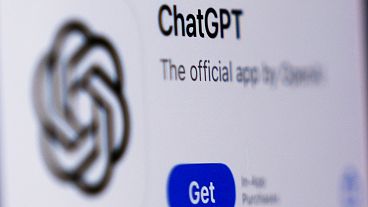Geoffrey Hinton, 75, says he now regrets having devoted his career to AI: “I console myself with the normal excuse: If I hadn’t done it, somebody else would have”.
Geoffrey Hinton, a pioneer in the development of artificial intelligence (AI), has left his job at Google, where he worked for more than a decade, to be able to talk more freely about the dangers posed by the new technology, he told The New York Times.
Often called the "godfather" of AI, Hinton said that he now regrets having devoted his career to this field. “I console myself with the normal excuse: If I hadn’t done it, somebody else would have,” he said in an interview published on Monday.
Back in 2012, Hinton and two of his graduate students at the University of Toronto, Ilya Sutskever and Alex Krishevsky, built a neural network that could analyse thousands of photos and teach itself to identify common objects, such as flowers, dogs and cars.
Google quickly jumped in to buy the company he and his two students had created for $44 million (€40.18 million). The move anticipated the great potential of a technology that has since led to the creation of AI chatbots like ChatGPT and Google’s Bard. Sutskever, Hinton’s student, even went on to become chief scientist at OpenAI, the company behind ChatGPT.
Hinton’s resignation and warning come after more than 1,000 technology leaders and researchers signed an open letter in March calling for a six-month moratorium on the development of new AI systems, saying the technologies pose “profound risks to society and humanity”.
In Hinton’s view, work in this field should be halted until it is well understood whether it will be possible to control AI.
“It is hard to see how you can prevent the bad actors from using it for bad things,” Hinton said in the interview, in which he warns about the excessive speed at which advances are being made.
"Look at what it was like five years ago and what it's like now," he noted. "Take the difference and propel it forward. That's scary," said Hinton.
In the short term, Hinton fears that the Internet will be flooded with fake texts, photos and videos, and that citizens may not be able to distinguish what is true.
He also voiced concern these technologies will replace many workers and, further down the line, even pose a threat to humanity.
“The idea that this stuff could actually get smarter than people - a few people believed that,” he said.
“But most people thought it was way off. And I thought it was way off. I thought it was 30 to 50 years or even longer away. Obviously, I no longer think that”.
On Twitter, Hinton clarified that he was not leaving Google to criticise the company, but to be able to talk about the dangers of artificial intelligence without having to worry about the impact that those opinions would have on the company where he worked. “Google has acted very responsibly," he added.



